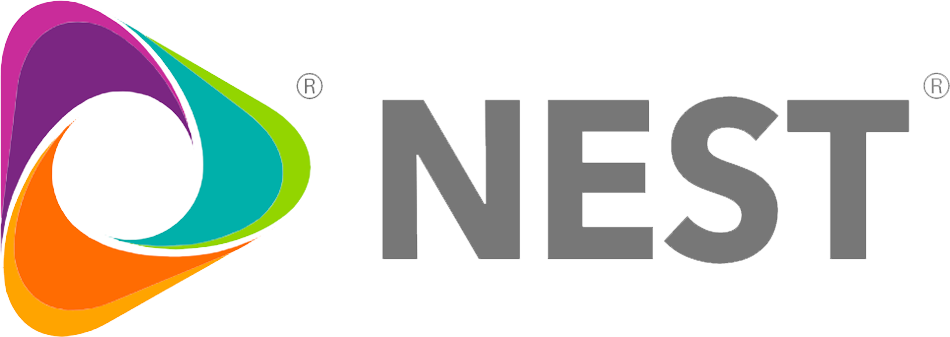Outsourcing was once touted as the best cost-savings measure a company could implement when it came to facilities management (FM), but was hyper-focused on a la carte, third-party labor contracting for services such as cleaning or maintenance.
Nowadays, outsourcing entails much more than simply hiring a third party to perform tasks for the lowest price. It encompasses utilizing an integrated methodology to optimize your entire FM program, across functionalities—and is essential to maximizing operational efficiencies.
Trends for 2021 showcase the outsized impact of integrated facilities management (IFM) on operational optimization, as well as the marked shift from a bottom-dollar to a holistic, total cost approach. Here are the biggest.
Integrated Facilities Management: No More Stand-Alone Functionalities
Recruiting third-party providers piecemeal—a maintenance contractor here, a cleaning service there, trying to find services for locations A, B, and C—takes time and resources that would be better spent elsewhere. It is also rather difficult to keep everyone on the same page when maintaining separate communications with various contractors. That can lead to missed optimization opportunities, miscommunications, and mistakes.
It’s therefore unsurprising that companies are increasingly turning to IFM partners to maximize efficiencies. Using an IFM partner can reduce FM costs by up to 15 percent, according to an analysis of FM sourcing trends by global consulting firm McKinsey and Company.
IFM solutions streamline procedures across all locations, providing critical analytics and greater transparency, and enhancing communication between the C-suite, FM employees, and contractors. This makes assigning, tracking, and analyzing tasks worlds easier.
Optimization Through Technology
The right IFM solution provides access to a cutting-edge, user-friendly platform with KPI tracking, and end-to-end insights—all accessible via a smartphone or tablet.
Such optimization is especially impactful this year, due to health and safety protocols implemented during the novel coronavirus (COVID-19) pandemic.
Increasing Preventive Maintenance to Prevent Downtime
The data compiled by your IFM platform also enables you to track maintenance tasks and identify patterns. By performing preventive maintenance based on analytics rather than reacting to breakdowns, you’ll decrease downtime and increase the lifespan of your equipment.
For example, inputting boiler steam output, feedwater temperature, and other relevant metrics into your IFM platform can help detect and avert system failures before they happen.
Predictive Analytics, Automation & Internet of Things (IoT)
The future of preventive maintenance is automation and predictive analytics.
An IFM platform gives your entire organization, including FM contractors, the ability to generate work orders and track their progress at the click of a button, automating and streamlining processes. Your team can also input data from preventive maintenance rounds, and analyze equipment performance.
More and more facilities are making the switch to artificial intelligence-driven FM and data gathering. Connecting equipment to the Internet of Things (IoT) enables your team to perform more duties remotely, and even automate tasks such as temperature and humidity checks. Metric-tracking sensors streamline your predictive maintenance capabilities even more.
Sustainability in FM Supply Chain & Services
Environmentally friendly practices are becoming an increasingly large trend in the world at large, and the world of FM is no different. No matter your industry, sourcing green products, upgrading equipment to be more energy efficient, and adopting sustainable methodologies have all become central to the future of facilities management.
Updating outdated infrastructure and equipment—such as HVAC, temperature and lighting systems—to lower your carbon footprint will be an essential and tremendous undertaking moving forward.
Adopting a more sustainable FM approach is going to be especially important as the continued fallout from the COVID-19 pandemic forces facilities to reimagine how they ventilate their spaces without sending heating and cooling bills through the roof.
Transitioning From Cost Reduction to Total Cost Approach
It costs money to upgrade to more sustainable equipment and implement an integrated platform—but those upfront expenses will translate to significant long-term savings and ROI.







